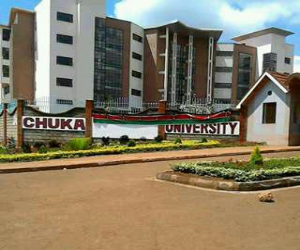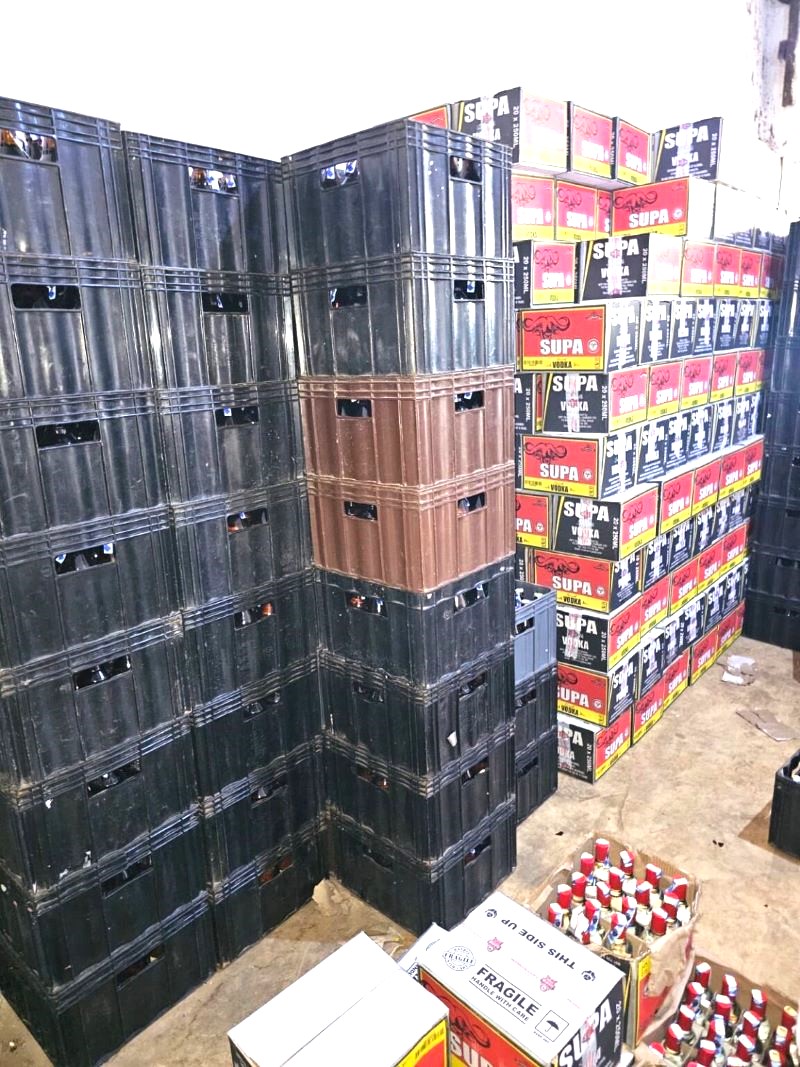Chuka University has secured KSh 66 million to participate in a national campaign aimed at eliminating aflatoxin contamination from Kenya’s food chains. The funding is part of the five-year RECLAIM-KE Project, officially launched on June 10, 2025, at the Kenya Bureau of Standards (KEBS) headquarters.
The initiative, which began on April 1, 2025, brings together Chuka University, the University of Nairobi (UoN), the Technical University of Denmark (DTU), the African Centre for Technology Studies, KEBS, and other stakeholders. It is funded by the Danish International Development Agency (DANIDA) through a grant of 9,999,037 Danish Kroner, equivalent to about KSh 66 million, distributed among the participating institutions. The project is led by Dr Patrick Njage, a senior scientist at the Technical University of Denmark.
RECLAIM-KE seeks to address aflatoxin contamination, a longstanding challenge in Kenya that has undermined food safety, public health and export competitiveness. The project will run until March 31, 2030, and will focus on surveillance, research and the development of biological control measures that are adaptable to Kenya’s varied climatic conditions. It will cover the entire food chain, from farms to markets and processing facilities, with particular attention to informal markets where regulatory oversight is limited.
ALSO READ;
MPs dismiss ‘negative’ education report as activists warn of systemic failures
Chuka University’s share of the funding will support a post-doctoral researcher, a research fellow, two research assistants, a PhD student and two Master’s students. This will strengthen the institution’s research capacity and enable extensive field outreach.
The project’s strategy involves farmer-friendly agronomic practices, climate-specific microbial agents to suppress aflatoxin-producing fungi and the use of locally adapted fermentation bacteria. It will also deploy advanced tools such as artificial intelligence modeling, genomic analysis and microbial bio control to predict and prevent contamination outbreaks. A national federated data platform will be developed to map and monitor aflatoxin hotspots, enabling rapid interventions.
Community participation is a key element of the programme. Farmers and traders will be engaged through citizen science approaches to validate and adopt safe storage, handling and processing methods. Mobile-based early warning systems will provide timely alerts to stakeholders.
ALSO READ;
Aflatoxin contamination, primarily affecting maize and groundnuts, poses severe health risks including liver cancer, immune suppression and stunted growth. It also reduces market access for Kenyan produce. In 2024, the government allocated KSh 200 million to subsidize Aflasafe KE01, a bio control agent proven to reduce aflatoxin levels by up to 98 percent in maize. RECLAIM-KE complements such efforts by integrating research, innovation and community-level action.
The initiative’s nationwide scope also means that counties most affected by aflatoxin, such as Meru, Embu, Kitui, Makueni, Machakos, and parts of the Coast, stand to benefit significantly from improved surveillance and farmer education. The programme is expected to reduce post-harvest losses, enhance market confidence in Kenyan produce, and contribute to meeting both national and international food safety standards.
By Benedict Aoya
You can also follow our social media pages on Twitter: Education News KE and Facebook: Education News Newspaper for timely updates.
>>> Click here to stay up-to-date with trending regional stories
>>> Click here to read more informed opinions on the country’s education landscape






